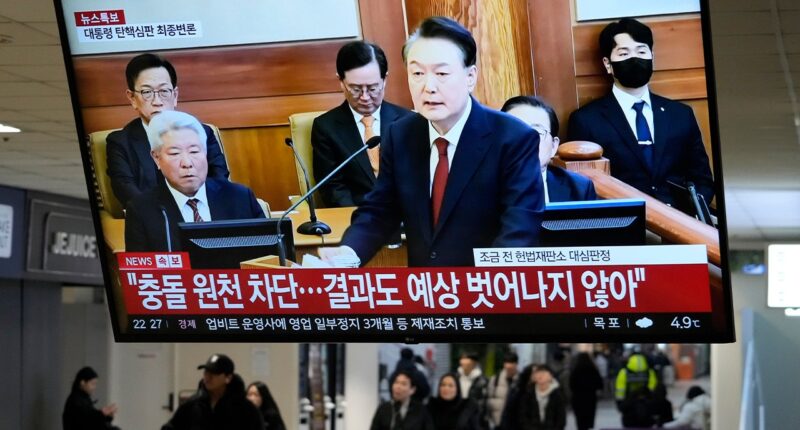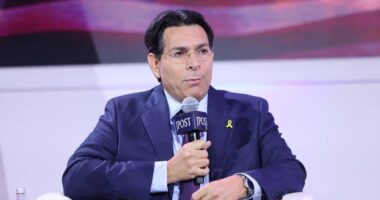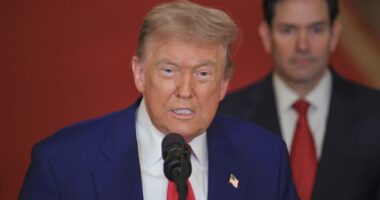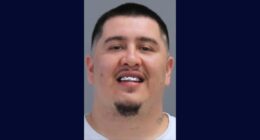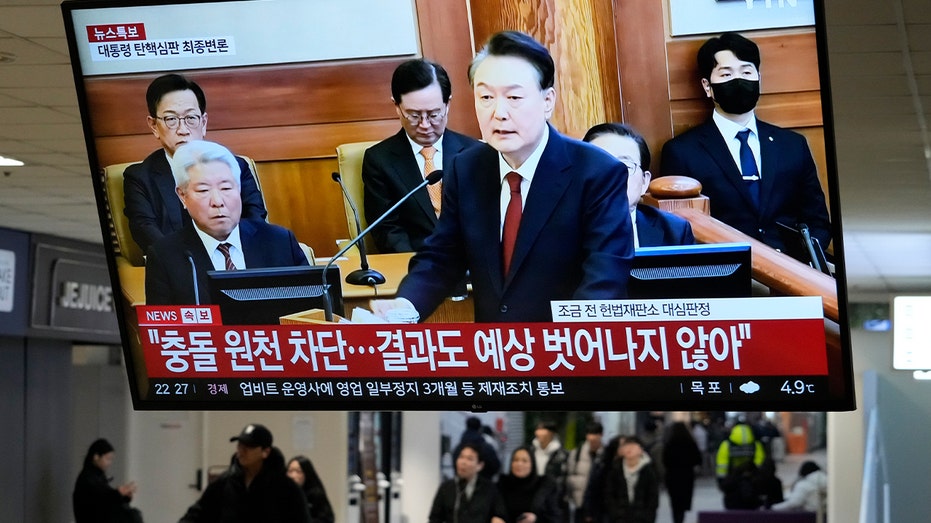
Impeached President Yoon Suk Yeol of South Korea has been ordered to be released from jail by a South Korean court on Friday. This decision might allow Yoon to face his rebellion charge in court without being held in physical custody.
Yoon was taken into custody and charged in January for issuing a martial law decree on December 3, which caused political unrest in the country. Furthermore, the opposition-dominated parliament voted to impeach him, resulting in his removal from office.
The impeachment trial proceedings against Yoon at the Constitutional Court concluded in late February. The court is anticipated to make a decision soon on whether to officially dismiss him from his position or reinstate him.
The Seoul Central District Court said it accepted Yoon’s request to be released from jail because the legal period of his formal arrest expired before he was indicted.
Yoon’s martial law decree, which involved the dispatch of troops and police forces to the National Assembly, evoked traumatic memories of past military rules among many South Koreans. The decree lasted only six hours, as enough lawmakers managed to get into an assembly hall and voted to overturn it unanimously.
Yoon later argued his decree was only meant to inform the people of the danger of the opposition Democratic Party, which undermined his agenda and impeached top officials, and said he dispatched troops to the assembly only in order to maintain order. But some top military and police officers sent to the assembly have told Constitutional Court hearings or investigators that Yoon ordered them to drag out lawmakers to obstruct a vote on his decree or detain politicians.
If the Constitutional Court upholds Yoon’s impeachment, he will be officially thrown out of office and a national election will be held to choose his successor within two months. If the court rejects his impeachment but he is still in jail, it’s unclear whether and how soon he will be able to exercise his presidential powers.
Massive rallies by opponents and supporters of Yoon have filled the streets of Seoul and other major South Korean cities. Whatever the Constitutional Court decides, experts say it will likely further polarize the country and intensify its conservative-liberal divide.
Yoon is the first South Korean president to be arrested while in office. South Korean law gives a president immunity from most criminal prosecution, but not for grave charges like rebellion or treason.
By law, a president in South Korea has the power to put the country under martial law in wartime and similar emergency situations, but many experts say South Korea wasn’t in such a state when Yoon declared martial law.
